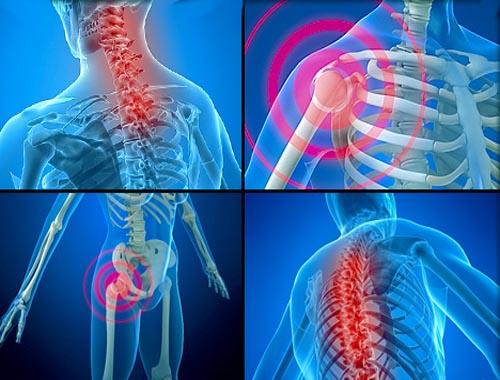Polymyalgia Rheumatica
Polymyalgia rheumatica (PMR) is a relatively common clinical syndrome of unknown etiology that affects elderly individuals. It is characterized by proximal myalgia of the hip and shoulder girdles with accompanying morning stiffness that lasts for more than 1 hour. Approximately 15% of patients with polymyalgia rheumatica develop giant cell arteritis (GCA), and 40-50% of patients with giant cell arteritis have associated polymyalgia rheumatica. Despite the similarities of age and some of the clinical manifestations, the relationship between GCA and PMR is not yet clearly established. Typically a history of neck, shoulder girdle, and-or hip girdle stiffness and pain, occurring in patients age 50 years or older. Patients complain of difficulty rising from seated or prone positions, varying degrees of muscle tenderness, shoulder-hip bursitis, and-or oligoarthritis. More common in women. About 15% to 20% of patients with polymyalgia rheumatica (PMR) have giant cell arteritis (GCA); 40% to 60% of GCA patients have PMR. Diagnosis is made via history and with supportive laboratory tests indicating an elevated ESR or CRP. Rapid improvement is almost invariable within 24 to 48 hours with low-dose prednisone.
